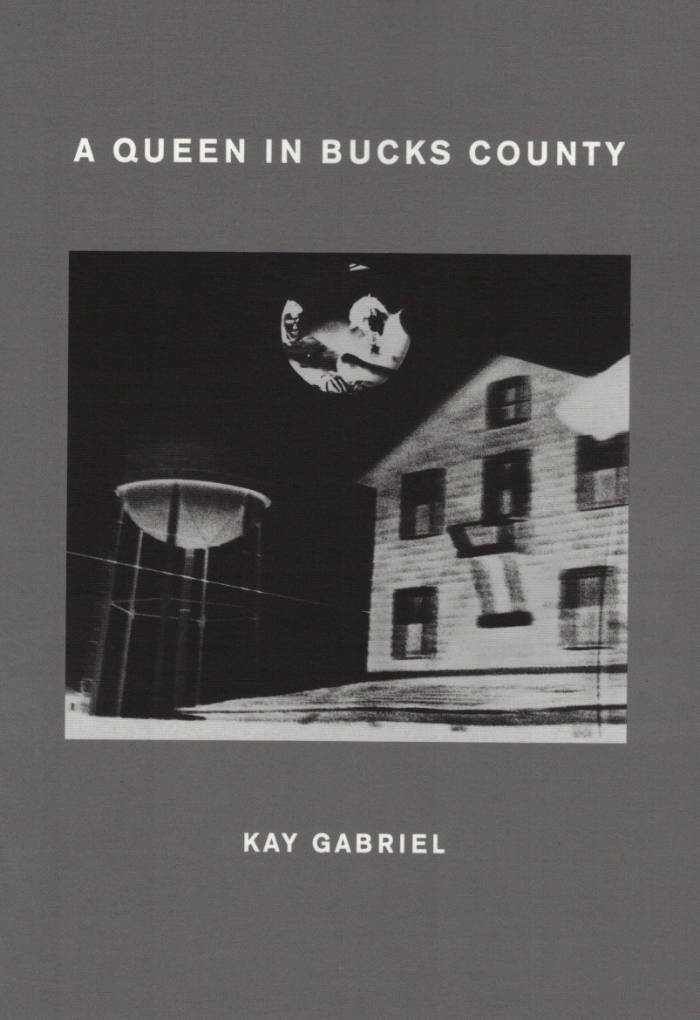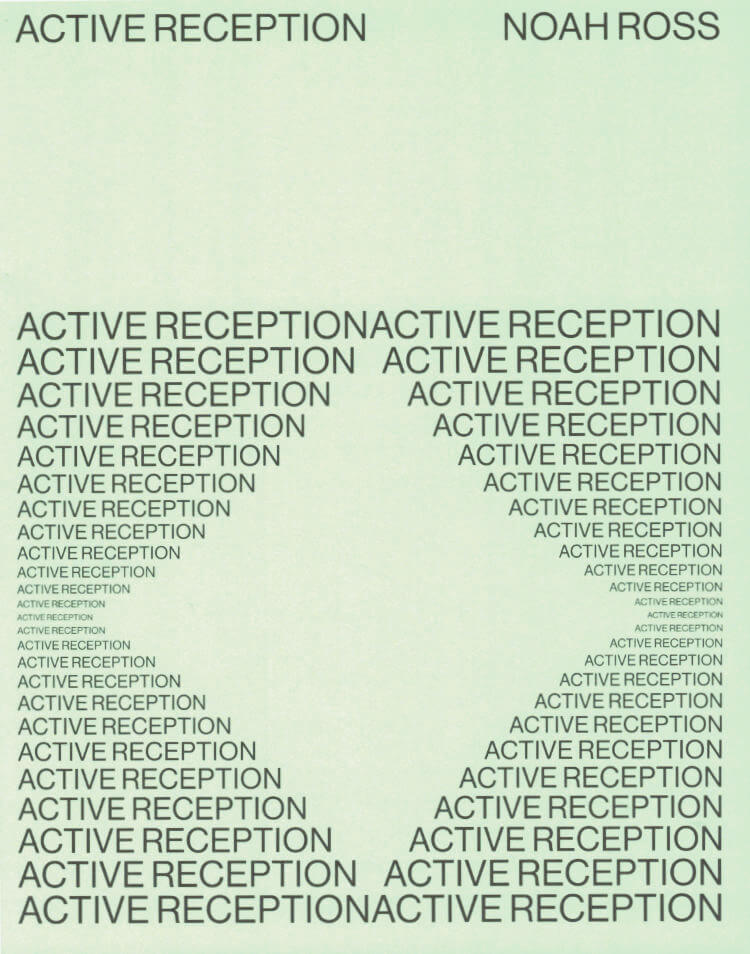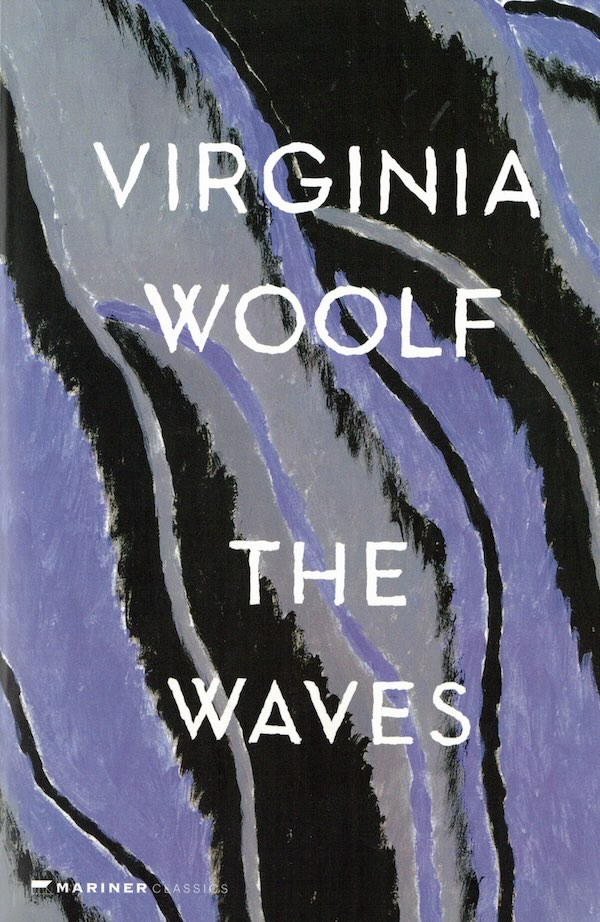
The Black Condition Ft. Narcissus
The Black Condition ft. Narcissus is preemptive memoir, documenting the beginning of the author's gender transition and paralleling the inauguration of our latest Administration. These poems speak to and from fears holed up inside while contextualizing the cosmic impacts of our political landscape. Ranging from autobiographic melancholy to rigorously meditative, here is a necessary voice to process the world, predicated on unknowable desire and blossoming tragedy.
jayy dodd is a blxk trans femme from Los Angeles. They are a literary & performance artist. their work has appeared / will appear in Broadly, The Establishment, Entropy, LitHub, BOAAT Press, Duende, & The Poetry Foundation among others. they're the Workshops Director for Winter Tangerine, editor of A Portrait in Blues (Platypus Press 2017), author of Mannish Tongues (Platypus Press 2017) & The Black Condition ft. Narcissus (Nightboat Books 2019). their work has been featured in Teen Vogue & Entropy. they are also a volunteer gender-terrorist & artificial intellectual. find them talking trash online or taking a selfie.
Language: English







